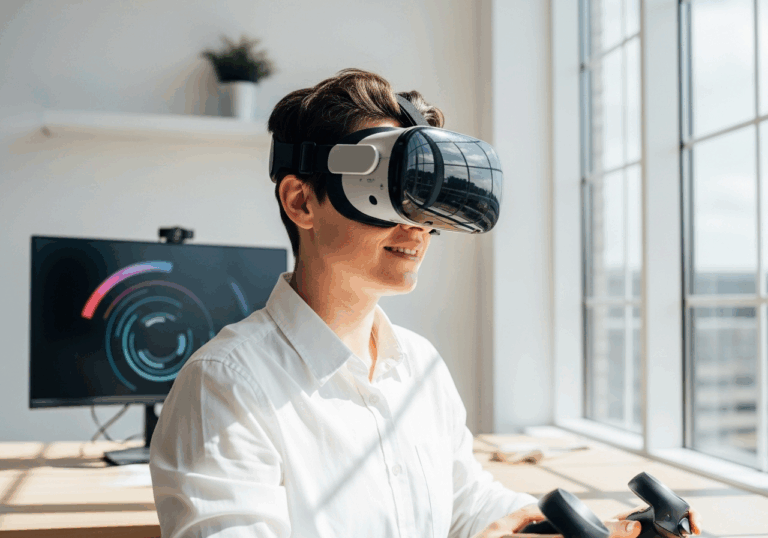Science-Backed Tips
Reduce Anxiety with Defusion and Values Action
40% reduction in anxiety symptoms through targeted exercises.
📊 Did you know?
💡 Why It Matters
1️⃣
This approach offers a significant reduction in anxiety symptoms, enhancing overall mental health.
2️⃣
Improved psychological flexibility can lead to better coping strategies in daily life.
3️⃣
Fostering meaningful engagement in values can enhance quality of life for caregivers.
✅ Try These Micro-Tips
🎯
Engage in defusion exercises for 20 minutes, focusing on observing thoughts without judgment.
🎯
Identify and act on personal values at least once a week to reinforce commitment.
🎯
Practice mindfulness techniques daily to complement defusion strategies.
🎯
Join a support group to share experiences and strategies related to anxiety management.
📚 The study
❓ Frequently Asked Questions ❓
Learn more
What is defusion in the context of mental health?
Defusion is a technique used in Acceptance and Commitment Therapy (ACT) that helps individuals observe their thoughts without becoming entangled in them. This process allows for a greater sense of psychological flexibility and reduces the impact of negative thoughts on behavior.
How does combining defusion with value-oriented action help reduce anxiety?
Combining defusion with value-oriented action allows individuals to detach from negative thoughts while actively engaging in meaningful behaviors. This dual approach has been shown to reduce anxiety symptoms by approximately 40%.
What were the results of the caregiver RCT program mentioned?
The caregiver RCT program demonstrated a significant reduction in anxiety symptoms, with a standardized mean difference (SMD) of approximately -0.80. Additionally, psychological flexibility improved at follow-up, indicating lasting benefits.
How long should defusion exercises be practiced?
Defusion exercises should be practiced for about 20 minutes, focusing on observing thoughts without judgment. This practice helps individuals develop a healthier relationship with their thoughts.
What role do personal values play in this approach?
Identifying and acting on personal values at least once a week reinforces commitment to meaningful actions. Engaging in value-oriented behaviors enhances overall quality of life and mood stabilization.
How can mindfulness techniques complement defusion strategies?
Mindfulness techniques can enhance the effectiveness of defusion strategies by promoting present-moment awareness and acceptance. Practicing mindfulness daily helps individuals manage anxiety and improve psychological flexibility.
What is the significance of psychological flexibility?
Psychological flexibility refers to the ability to adapt to changing circumstances and respond to thoughts and feelings in a healthy way. Improved psychological flexibility can lead to better coping strategies and overall mental health.
How can caregivers benefit from this approach?
Caregivers can benefit from combining defusion with value-oriented action by experiencing reduced anxiety and enhanced mood. This approach fosters meaningful engagement in their values, improving their quality of life.
What is the recommended frequency for engaging in value-oriented actions?
It is recommended to engage in value-oriented actions at least once a week to reinforce commitment to personal values. Regularly acting on values helps maintain motivation and enhances overall well-being.
Why is joining a support group beneficial for anxiety management?
Joining a support group allows individuals to share experiences and strategies related to anxiety management, fostering a sense of community. This shared support can enhance motivation and provide valuable insights for coping with anxiety.





